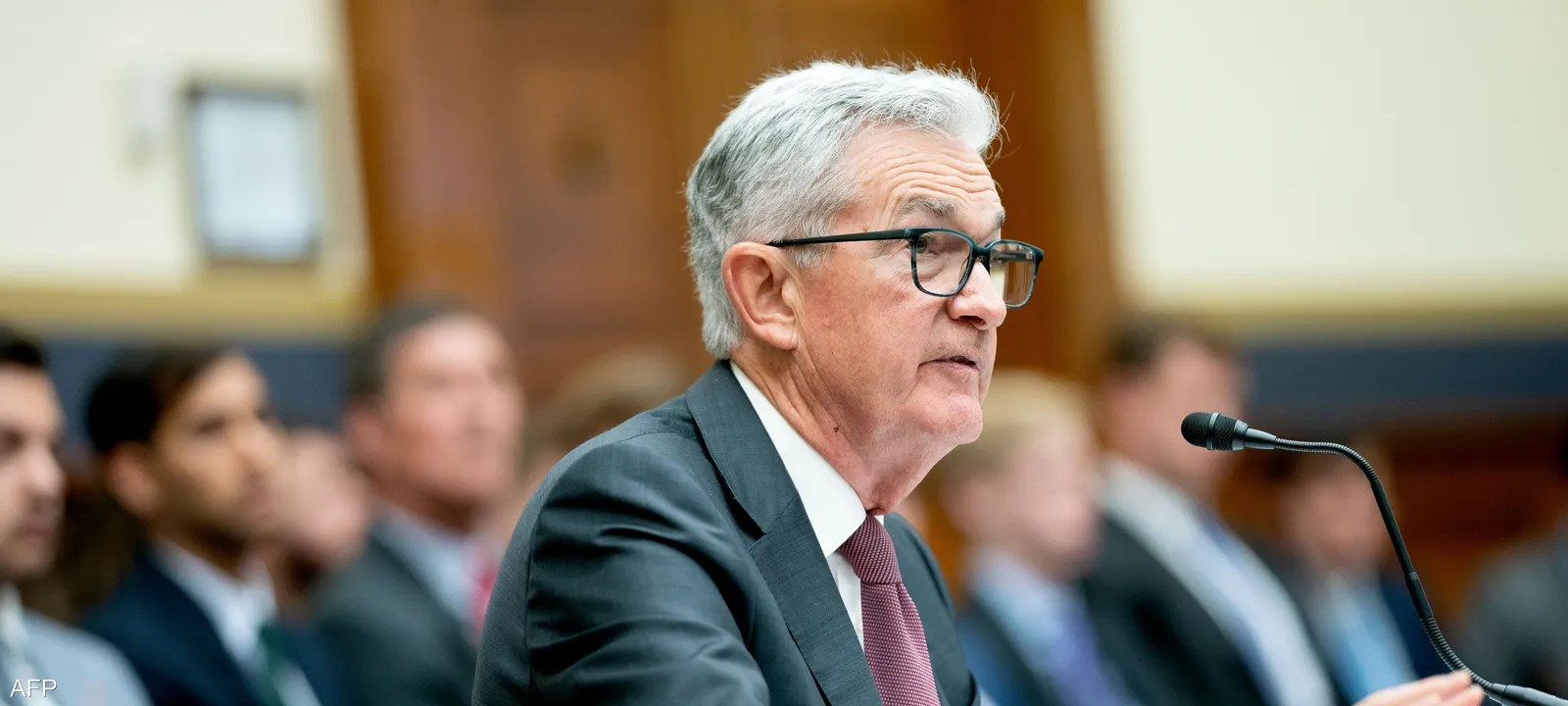The U.S. consumer price index (CPI) report for October is set to serve as a fresh test of whether a return to inflation poses a risk to the U.S. economy, as the Federal Reserve considers its next interest rate decision after cutting them by a quarter percentage point last week.
The report, due at 16:30 Riyadh time on Wednesday, is expected to show annual inflation rising to 2.6%, a slight increase from 2.4% in September, which was the lowest since February 2021. Consumer prices are expected to have risen 0.2% on a monthly basis, matching the monthly increase in September.
Core inflation, which excludes food and fuel price fluctuations, is expected to have risen 3.3% year-on-year for the third straight month. The monthly increase in core prices is expected to match the 0.3% recorded in the previous month, according to Investing Saudi Arabia data.
Core inflation levels have remained significantly high due to rising costs of housing and services such as insurance and health care.
Moderate inflation expected to continue
“The October CPI report is likely to support the idea that the final stretch of inflation returning to target will be the most difficult,” Wells Fargo chief economist Jay Bryson wrote in a note to clients on Friday.
Bank of America economists Stephen Juneau and Jisoo Park agreed, writing in a note on Monday that inflation is not expected to show much progress, and that upcoming CPI data could show inflation moving sideways after a period of low inflation.
Although inflation has slowed, it remains above the Federal Reserve's annual target of 2%.
Inflation under the Trump administration
Inflation expectations remain uncertain, with economists warning that inflation could rebound after Donald Trump is elected the next US president.
Compared to the current Biden administration, Trump’s proposed policies are more likely to increase inflation, given his campaign promises to impose high tariffs on imported goods, cut corporate taxes, and limit immigration.
At a news conference after the latest rate cut, Federal Reserve Chairman Jerome Powell said the Fed does not base its decisions on expected policy changes from a new administration.
“In the near term, the election will have no impact on our monetary policy decisions,” Powell said at the time. “We do not know the timing and nature of any policy changes, so we cannot predict their impact on the economy or the extent to which they will affect our employment and price stability goals.”
Expectations for December rate cuts
As of Tuesday, markets continued to price in another 25 basis point rate cut in December, though the probability of the Fed keeping rates steady had risen to about 35% from 22% a week ago,
“Given Powell’s comments last week, we believe the Fed will remain on track for a 25bp rate cut at its December meeting,” wrote Junio and Park of Bank of America. “However, potential policy changes, coupled with the resilience of the U.S. economy, have increased uncertainty about the medium-term outlook for monetary policy,” they added.
They concluded by saying: Although economic fundamentals suggest that inflation will continue to moderate, potential changes under the Trump administration pose an upside risk to inflation expectations.






































